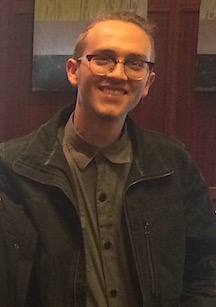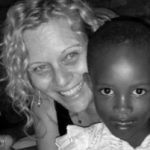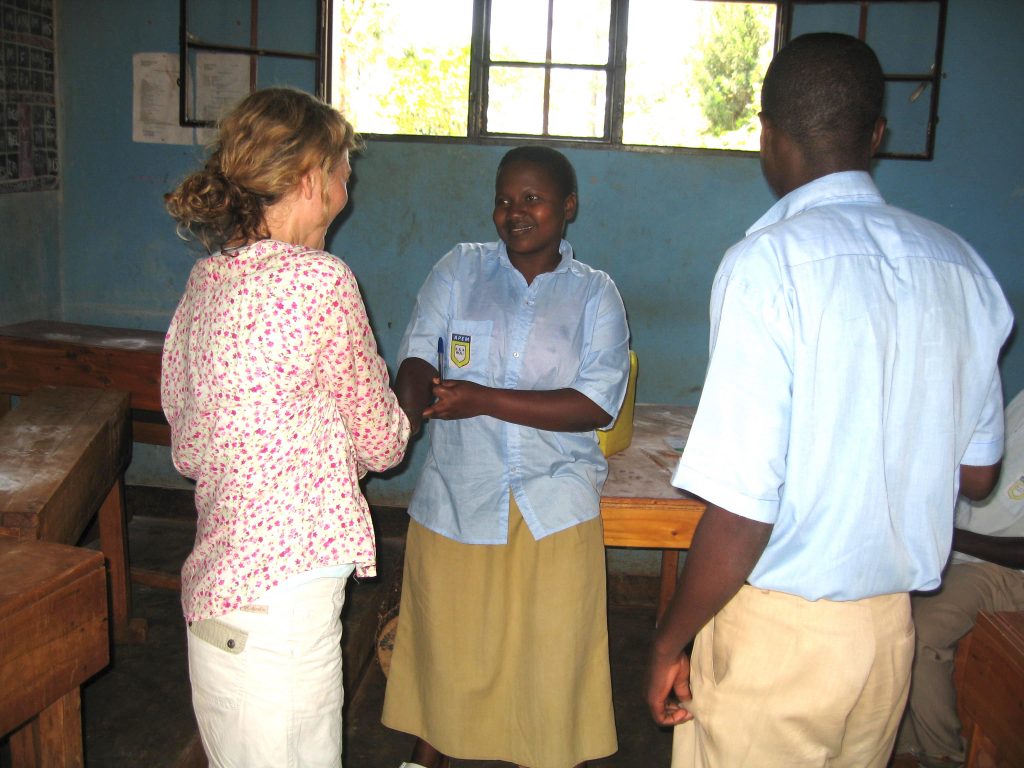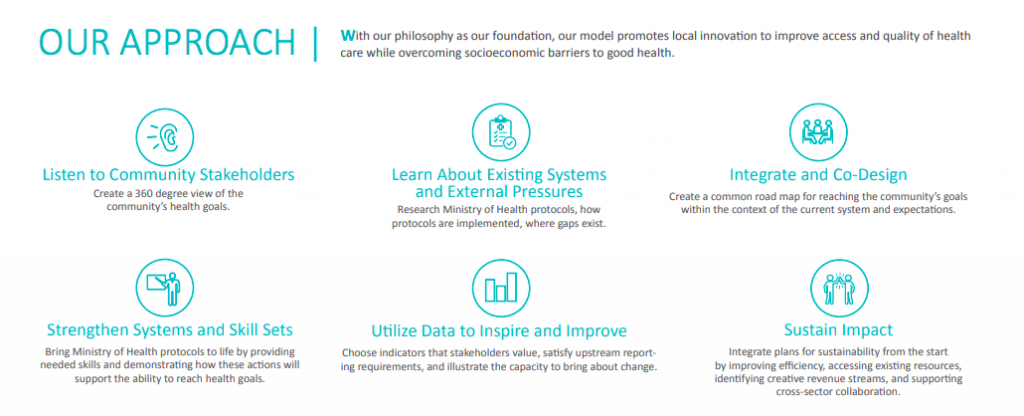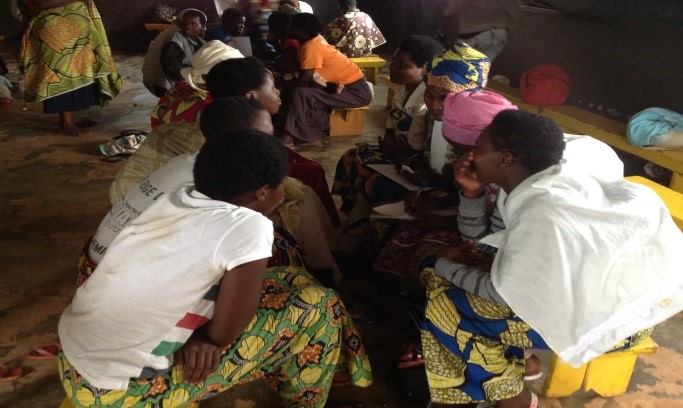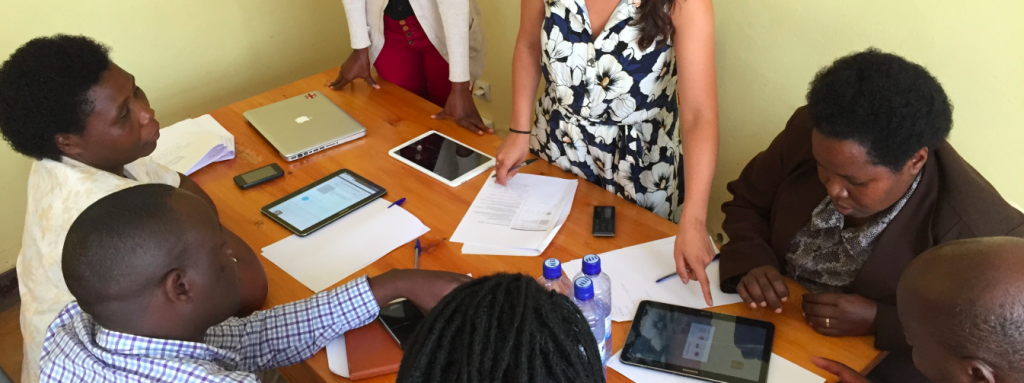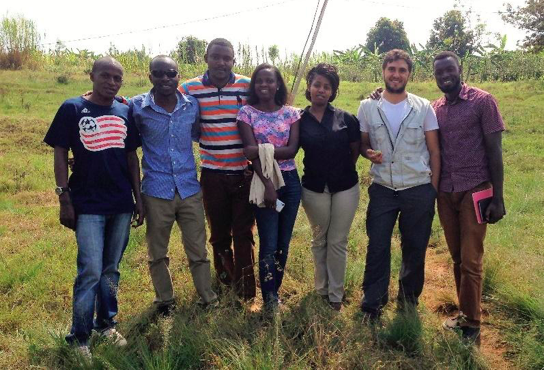Announcing THE HOPE INITIATIVE in Honor of Jonah Hinman: Promoting Wellbeing and Hope Among Marginalized People
Categorized as: About us, Africa, Stories, Youth & Tagged as: CU Boulder, Depression, Hope, Jonah Hinman, Mental health, Neuroscience, Peer counseling, Stigma, Suicide, Wendy Leonard on June 23, 2018.
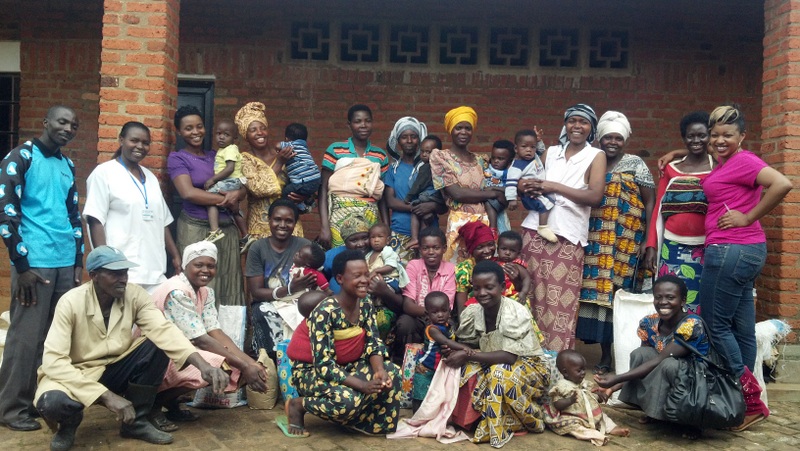
Editor’s Note: All around the world, members of our human family are suffering a silent epidemic of depression that decimates purpose, destroys relationships, and can even take one’s life. Our family experienced the deepest loss we’ve ever known when, in April 2017 at the age of 21, Jonah succumbed to despair he’d hidden from us and that convinced him he must die. He was an extraordinarily intelligent, authentic, compassionate man, whose enormous capacity to love and create will no longer light the world that he’d hoped to help heal through his research in neuroscience.
We’ve seen with recent celebrity suicides that no measure of worldly success or family devotion can protect people from depression; and we know that suicide is on the rise (up 30%) in the U.S., particularly among students, veterans, and white males.
My family and I believe the time has come to break the silence about mental health issues: Whether inborn brain differences or environmental stresses trigger us, we all endure pain somewhere in our family network or in our own lifespan.—Mental health, like physical health, is critical to our survival.
“Mental health, like physical health, is critical to our survival.”
Jonah Skees Hinman, 1995-2017
And while we may not be able to heal the whole world today, we decided to start small, by creating an initiative in honor of Jonah through an organization he deeply respected, in a village in rural East Africa, where young HIV+ mothers and secondary students are people Jonah would have called kin.
Jonah, my cherished son who lived in California and Colorado, was a junior in molecular and cellular biology at the Colorado University at Boulder. A lover of nature since childhood, he hiked and cycled from the hills of Santa Cruz to the foothills of the Rocky Mountains. He devoured college science textbooks and tinkered with Tesla coils and rockets while in elementary school, later cultivating nutritional algae and medicinal bacteria in professional internships. Read more about Jonah’s life here.
With so much sorrow and love, I invite you to read about the client-centric, data-based, holistic-care program to be launched this year in Jonah’s honor.
Please note that this project is NOT funded through the Skees Family Foundation but through personal donations from our family. If you wish to join in our effort to heal depression and bring hope, please volunteer your skills or donate directly to The Ihangane Project.
–Suzanne Skees, Founder, Storyteller, and Board Chair

By Dr. Wendy Leonard, Founder, The Ihangane Project
Honoring Jonah
In Hebrew, Jonah means “dove.” In many spiritual traditions, a dove symbolizes peace, love, gentleness, purity, and hopefulness. Jonah Skees Hinman, who embodied the meaning of his name in many ways, also lived a life of contradictions, struggling to find a balance between his pure, gentle heart and the harsh realities of the world we live in.
Possibly because of this struggle, Jonah had the ability to see the beauty and purity within the most marginalized in our society. He was a strong advocate for those who were excluded from mainstream society for reasons such as mental illness, poverty, or stigma. His profound empathy may have emerged from his own sense of being a “misfit” within society.
“Jonah had the ability to see the beauty and purity within the most marginalized in our society.”
In honoring his memory, we strive to build from his desire to welcome marginalized people into our local and global communities by understanding and addressing issues that can lead to hopelessness and isolation. Jonah’s desire to work in Rwanda with The Ihangane Project, an organization that he long admired, led us to find a way to bring his advocacy to communities whom he had always wanted to meet.
The Ihangane Project Founder Dr. Wendy Leonard talks with secondary students in Rwanda.
The Power of Connection
The relationship between healthcare workers and their patients is a rare opportunity to break down the barriers of power and privilege as two people build a relationship for the common goal of achieving good health. Healthcare workers at the front lines of care, especially in resource-limited settings, are in powerful positions to influence the emotional health and wellbeing of the most marginalized in our society. Reciprocally, vulnerable people can inspire healthcare workers and strengthen their resilience and capacity to continue working in such resource-limited settings.
“When patients feel they are valuable and capable, this instills hopefulness and inspires the behavior change needed to achieve health goals.”
When healthcare workers are at their best, they can demonstrate to their patients that they are valuable and capable of achieving good health. This instills a sense of hopefulness and inspires the behavior change needed to achieve health goals. To be fully present and available to serve those who struggle with poverty, mental illness, drug and alcohol addiction, stigmatizing conditions such as HIV, or conditions that require challenging daily behavior modification like diabetes, healthcare professionals at all levels of care must themselves feel valued, capable, and hopeful.
Local health systems must establish an enabling environment that fosters an empathetic approach to patient care and builds the resilience needed to be fully present for their patients who are often struggling with extreme life challenges.
Deep listening to and co-designing services with patient-clients are the hallmarks of how we’ve worked with physical health, and how we plan to initiate mental-health support as well.
What’s Different About The Ihangane Project
The Ihangane Project has been working with HIV+ mothers in Rwanda to understand and address how stigma and isolation negatively impact their health. Each month for twenty-four months, these women come together to undergo group health assessments, receive interactive health education trainings, and brainstorm ways to overcome barriers to implementing what they learn. The Ihangane Project follows Herth Hope Scores to assess the sense of interconnectedness, openness to think about the future versus viewing life temporarily, and readiness for change. We have seen Hope Scores increase significantly over the course of the program, demonstrating the power of community to foster hope.
However, we have also noted a much smaller but consistent number of women for whom hope scores do not change. We believe that these likely represent cases of clinical depression—situations in which more targeted clinical interventions are required.
Young HIV+ mothers offer each other community support that combats the stigma and isolation that too often follows a health challenge.
Societal Hopelessness Versus Clinical Depression
Many people are suffering from isolation, stigma, and hopelessness. In practice, this can be confused with clinical depression, when in fact it reflects societal challenges that can be addressed by building community and fostering hope.
“Many people are suffering from isolation, stigma, and hopelessness that can be addressed by building community.”
It can be difficult to differentiate cases of clinical depression from cases of hopelessness, yet it is crucial to do so because the intervention is often very different. For example, someone with major depression will likely not respond to basic peer counseling support. Someone who is struggling with a sense of isolation, however, will likely thrive in a setting of peer support. This work will allow us to more clearly understand the common threads and divergence between hope and depression.
“It can be difficult to differentiate cases of clinical depression from cases of hopelessness, yet it is crucial to do so because the intervention is often very different.”
We will utilize standard screening tools to identify those at risk of clinical depression to ensure that they receive appropriate mental healthcare. We will also follow Hope Scores over time to better understand what influences hope, and actively target these influencers through our group sessions.
Healthcare workers at The Ihangane Project will be surveyed throughout The Hope Initiative, to support their wellbeing and strength even as they extend services to young mothers and students.
Taking Care of Our Caretakers
We believe that by strengthening the emotional wellbeing of healthcare workers (HCWs), we can build resilience and promote empathy in a way that then improves their ability to identify and respond to the emotional and mental-health challenges of their patients. We will begin by assessing the hope and mental health status of healthcare workers while also assessing hope and mental health of HIV+ women participating in our clinical program. This will help us to assess the impact of HCWs’ emotional wellbeing on their patients and vice versa.
Too often, young people don’t seek out mental health services; so The Hope Initiative plans to meet them where they are–for example, through the secondary school system.
Reaching Young Adults Who Might Not Seek Help
Our long-term goal is to utilize our experience and knowledge to reach young adults like Jonah.
Because this population does not traditionally access medical services, we recognize that the most effective way to access them will be through the school system. Because a teacher-student relationship has very similar potential as that of a healthcare worker-patient relationship, we believe that our findings will translate well in this setting.
“A teacher-student relationship has very similar potential as that of a healthcare worker-patient relationship, so we believe that our findings will translate well in this setting.”
We will establish key learnings from our work with HIV+ mothers in rural health centers in Rwanda, identify replicable components of our interventions, and work with teachers and students in similar fashion.
The Ihangane Project has strong relationships with our local secondary schools in Ruli, Rwanda, where focusing on the emotional wellbeing and hopefulness of both teachers and students could have a profound impact on Rwanda’s next generation.
Replicating and Scaling Our Program Far Beyond One Village
Ideally, our experience could be used to inform similar interventions in U.S. healthcare and school systems. Once The Ihangane Project has established a proof of concept, we may consider additional partners in the education sector who would be interested in replication and scale rather than implement larger-scale work on our own.
Our Game Plan for Testing this New Initiative
- Listen: Talk with healthcare workers and their patients about their emotional wellbeing. What inspires them, what stresses them? How does an empathetic approach influence their ability to take care of themselves? How does an over-busy or burnt out nurse influence their ability to care for themselves?
- Learn: Conduct baseline assessments of both mental health and hope among healthcare workers and patients.. Map out existing resources and systems that are currently available and utilized within the system, as well as resources available but not currently utilized (e.g., mindfulness and peer counseling). Identify gaps in resources, skillsets, and knowledge.
- Co-Design: Collate this information to create a framework that works within the existing system, builds hope and resilience, while also identifying more serious mental illness and ensuring appropriate care.
- Strengthen: Identify skill gaps among healthcare workers and provide needed capacity-building support.
- Use Data: to inspire, maintain, and improve quality.
- Sustain: Create a road map to scale and sustainability for both the work and the positive outcomes.
“Our long-term goal is to utilize our experience and knowledge to reach young adults like Jonah.”
For our U.S. readers: if you’re concerned about yourself or someone you love, call or text the National Suicide Prevention Lifeline anytime of the day or night: 1-800-273-8255.
For our global readers: If you feel bereft, find a helpline in your country here.
Photographs courtesy of The Ihangane Project.
LEARN more about The Ihangane Project on their website or in their latest impact report.
SHARE this story on Facebook and Twitter; see menu at top and bottom of page.
DONATE directly to support The Ihangane Project here; please specify if you would like your donation to be used for The Hope Initiative in Honor of Jonah Hinman.
SUBSCRIBE! Like what you see? Click here to subscribe to Seeds of Hope!

